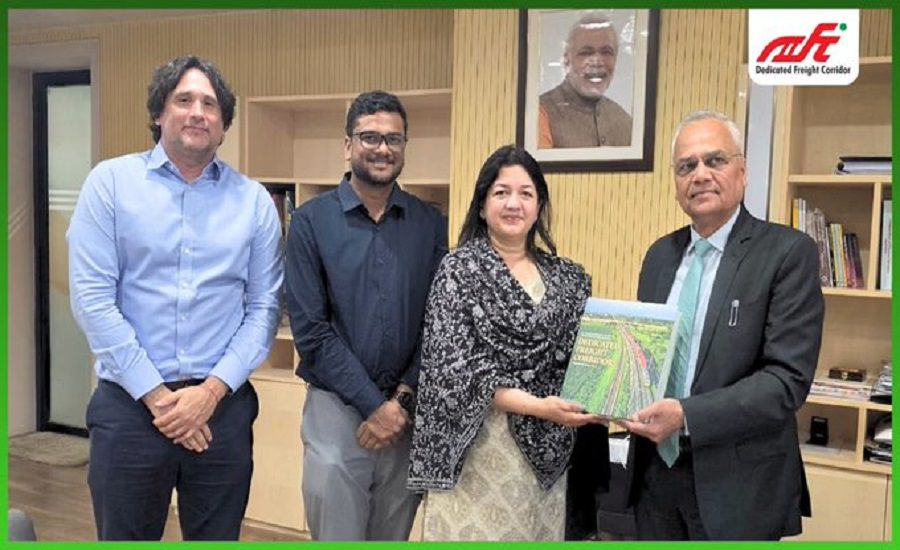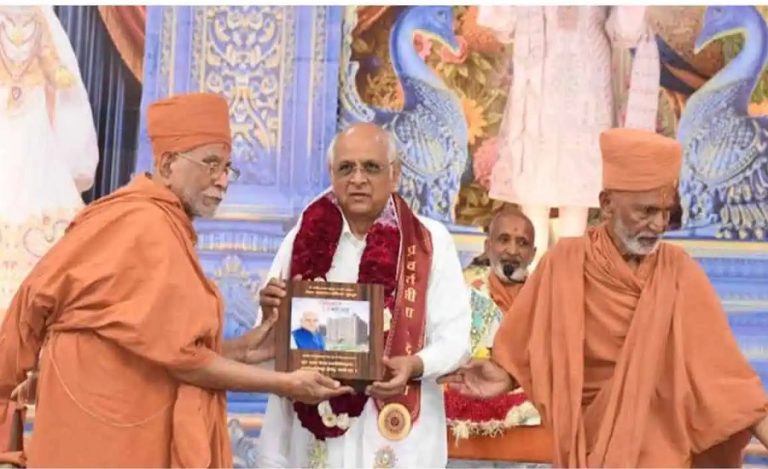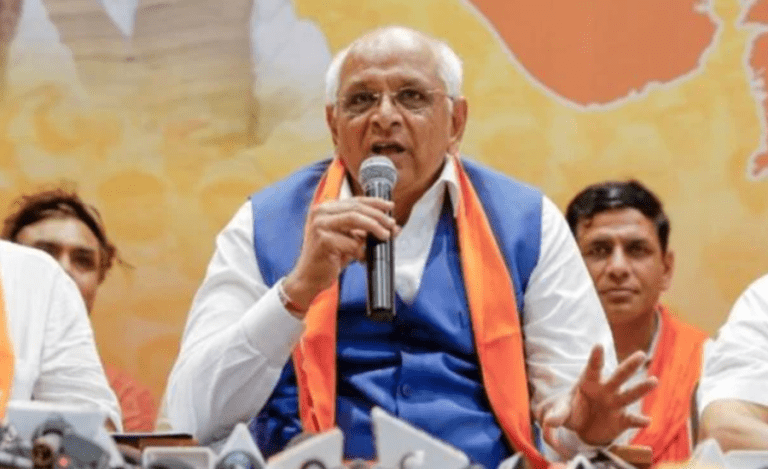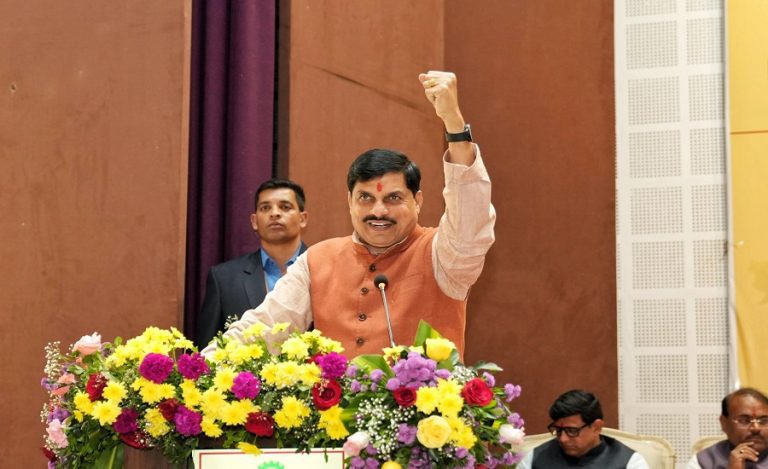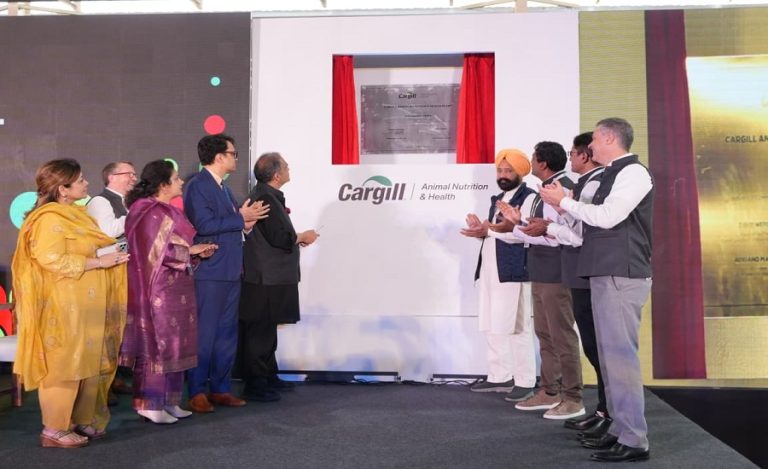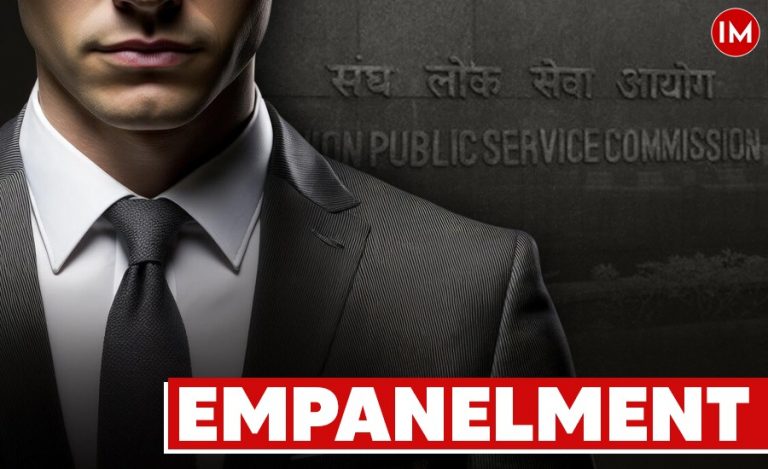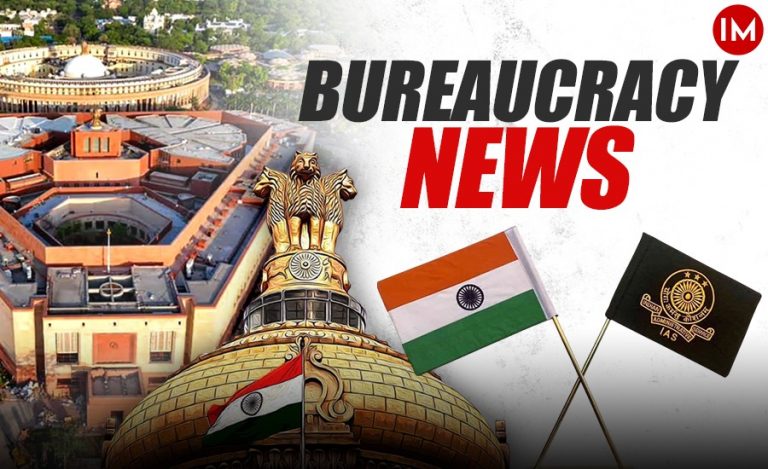New Delhi: A high-level delegation from the World Bank, led by Ms. Saroj Ayush, Senior Transport Specialist, visited the Dedicated Freight Corridor Corporation of India Limited (DFCCIL) Corporate Office to assess ongoing collaborations and explore new avenues for enhancing India’s freight infrastructure. The visit underscores the growing global focus on strengthening India’s logistics ecosystem through modern, high-capacity freight corridors.
Showcasing DFCCIL’s Transformative Journey
During the meeting, Mr. Praveen Kumar, Managing Director, DFCCIL, presented the recently published book “Dedicated Freight Corridors: Vision to Reality.” The publication chronicles DFCCIL’s journey, highlighting its engineering excellence, landmark achievements, successful project execution milestones, and long-term strategic vision for reshaping India’s freight transport landscape.
Read also: Leadership Updates: Pawan Kumar Rai Appointed Director (Project Planning) to Drive Growth at DFCCIL
Strengthening Collaborations and Efficiency
Discussions between DFCCIL and the World Bank delegation focused on:
- Enhancing existing partnerships
- Improving freight corridor efficiency
- Integrating global best practices
- Identifying future opportunities to expand India’s high-capacity, high-speed freight infrastructure
The World Bank officials appreciated DFCCIL’s progress and reaffirmed their commitment to supporting initiatives that drive economic growth, sustainability, and modern logistics capabilities across India.
About DFCCIL
Dedicated Freight Corridor Corporation of India Limited (DFCCIL) is a central public sector undertaking under the Ministry of Railways, responsible for planning, executing, and operating dedicated freight corridors across India. DFCCIL aims to decongest the conventional rail network, enhance freight capacity, and provide faster, more efficient logistics solutions, thereby boosting India’s trade and economic growth.
About the World Bank
The World Bank is an international financial institution that provides funding, technical expertise, and policy advice to support economic development, infrastructure projects, and poverty reduction worldwide. It works with governments and organizations to promote sustainable growth, improve public services, and strengthen institutional capacity across sectors.

